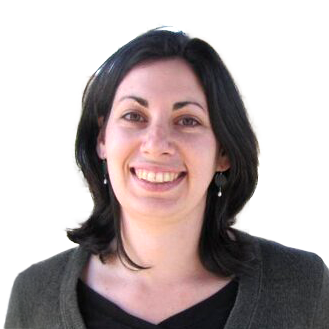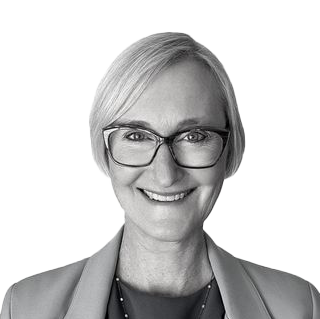Nine months after the death of George Floyd, race relations continue to dominate political discourse in America. But the slogan at the center of the drive for equality - “Black Lives Matter” - while once a ubiquitous rallying cry, has since become a more contentious slogan.
YouGov’s Social Change Monitor shows that Americans’ positive associations with this slogan peaked in the early part of the summer (a net score of +17 in June), when protests were most active. Since then, the “Black Lives Matter” slogan’s net positive association has trended down through January 2021. For the time being Americans’ associations with the slogan remain net positive, with a score of +5, but on current trends it could fall into negative territory before the year is out.
Women generally have more positive associations than men with the “Black Lives Matter” slogan. Among White Americans, the gap between men and women has widened since the summer. In June 2020 the slogan’s score among White women was +12, and among White men +9. Since then the phrase has declined more rapidly among White men (to -18) than White women (to -2).
Among Black Americans, approval of the slogan is unsurprisingly higher, and there have also been brief periods where Black men and women were equally positive about the phrase. Nevertheless, much of the time, gaps have been common. From August to October, Black women’s rating of the “Black Lives Matter” slogan scored between +71 and +76, exceeding Black men’s ratings by 24 to 27 points. This gap is mostly explained by variability in Black men’s ratings, with opinion dramatically improving in November, before immediately declining again the next month.
These findings argue that attitudes toward the “Black Lives Matter” slogan may already have become fixed for White Americans. Yet opinions of Black men may be more responsive to current events. If “Black Lives Matter” remains the de facto slogan of the broader movement for racial justice, that movement’s progress may be hampered by negative associations with the slogan.
The YouGov Social Change Monitor tracks consumer attitudes towards equality and fairness on several social movements, including racial equity. For more information about the YouGov Social Change Monitor, contact social.change@yougov.com.









